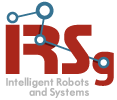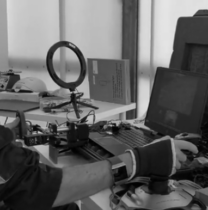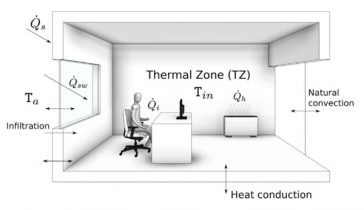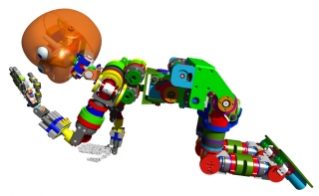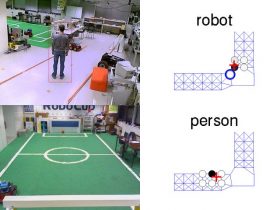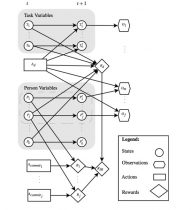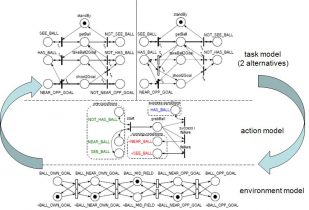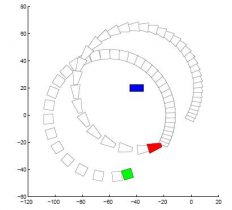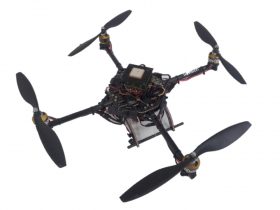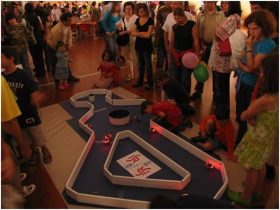Space Robotics:
Space is challenging environment, not only in what concerns the potential of orbital applications, but also from an exploration point of view. It is also an inhospitable environment for human presence, thus making a particularly interesting domain for robotic presence. Space Robotics activities encompasses two tracks: the orbital track, targeting robot vehicles in microgravity environments, such as orbital or deep space voyages; and the planetary track, encompassing robots that either operate on the surface of planets or small bodies, as asteroids, or near then, e.g., landers.
At IRSg we have been interested in several problems in the domain of Space Robotics. These include:
- collaborative free-flyer robots for intra-vehicular microgravity environments, namely inside a space stations, such as the ISS, in interaction with astronauts
- mobile robots for planetary exploration, such as on the surface of Mars or the Moon
- innovative attitude control mechanisms, such as reaction sphere actuators, holding several advantages over conventional reacton wheels
- formation state estimation and control for multiple spacecraft formation, including a complete Guidance, Navigation, and Control (GN&C) system
INFANTE: Microsatellite for constellation-based EO and Communications (ANI P2020 10/SI/2016, 2018-2020)
Space CoBot: autonomous flying robot to assist astronauts inside space stations in orbit (internal)
MoonHopper: a hopping robot for exploration of the Moon and small bodies (internal)
MVFLAU: Feasibility Study of In-Flight Model validation and Performance Analysis of Launchers GNC (ESA, 2013-2015)
FEMDS: Formation Estimation Methodologies for Distributed Spacecraft (ESA, 2003-2006)
HROSS: High Resolution Optical Satellite Sensor (EUCLID RTP9.9, 2002-2005)
ConSat: Stabilization and Control of Small Satellites (FCT, 1998-2000)
Rodrigo Ventura, Pedro Roque, and Monica Ekal. Towards an autonomous free-flying robot fleet for intra-vehicular transportation of loads in unmanned space stations. In Proceedings of the International Aeronautical Congress (IAC), 2018.
Pedro Roque, Paolo Fiorini, and Rodrigo Ventura. MoonHopper: Conceptual design of an hopping robot for lunar exploration support. In Interactive presentation at the International Aeronautical Congress (IAC), 2018.
Monica Ekal and Rodrigo Ventura. An Energy Balance Based Method for Parameter Identification of a Free-Flying Robot Grasping An Unknown Object. In Proceedings of the IEEE International Conference on Autonomous Robot Systems and Competitions (ICARSC 2018), 2018.
Monica Ekal and Rodrigo Ventura. On Inertial Parameter Estimation of a Free-Flying Robot Grasping An Unknown Object. In Proceedings of the International Conference on Control, Decision and Information Technologies (CoDIT), 2018.
Pedro Roque and Rodrigo Ventura. A Space CoBot for personal assistance in space stations. In IJCAI Workshop on Autonomous Mobile Service Robots, New York, 2016. IJCAI.
Pedro Roque and Rodrigo Ventura. Space CoBot: modular design of an holonomic aerial robot for indoor microgravity environments. In IEEE/RSJ International Conference On Intelligent Robots And Systems (IROS), 2016.
Dan Dumitriu, Sónia Marques, Pedro Lima, J. C. Bastante, J. Araujo, L. F. Penin, A. Caramagno, B. Udrea, Optimal Guidance and Decentralised State Estimation Applied to a Formation Flying Demonstration Mission in GTO, IET, Control Theory and Applications, Vol. 1, Issue 2 , p. 443-552, March, 2007
D. Dimitriu, Sónia Marques, Pedro Lima, B. Udrea, Decentralized, Low-Communication State Estimation and Optimal Guidance of Formation Flying Spacecraft, 16th AAS/AIAA Space Flight Mechanics Conference, Tampa, Florida, USA, 2006
Dan Dumitriu, B. Udrea, Pedro Lima, Optimal Trajectory Planning of Formation Flying Spacecraft, Proc. of 16th IFAC World Congress, Prague, Czech Republic, 2005
Sónia Marques, P. Tabuada, Pedro Lima, Small Satellites Attitude Determination Using a Predictive Algorithm for Attitude Stabilization and Spin Control, Proc. of IEEE Mediterranean Conference on Control and Automation, MED-2002, Lisboa, 2002
Sónia Marques, Robert Clements, Pedro Lima, Comparison of Small Satellite Attitude Determination Methods, in Proceedings of 2000 AIAA Conference on Navigation, Guidance and Control, Colorado, USA, 2000
Paulo Tabuada, Pedro Alves, Pedro Tavares, Pedro Lima, A Predictive Algorithm for Attitude Stabilization and Spin Control of Small Satellites, European Control Conference (ECC’99), Karlsruhe – Germany, 1999
Pedro Tavares, Paulo Tabuada, Pedro Lima, Project ConSat: Control of Small Satellites, ESF COSY Annual Joint Workshop, Ohrid – Macedonia (invited paper), 1998
Pedro Tavares, Bruno Sousa, Pedro Lima, A Simulator of Satellite Attitude Dynamics, Proc. of CONTROLO 98, Coimbra, Portugal, 1998

